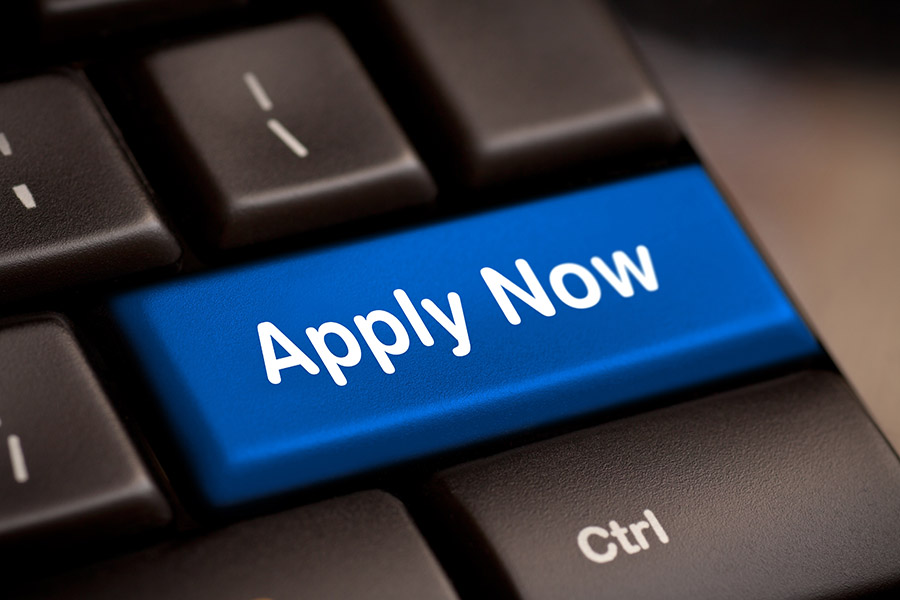Top Tips from a PhD Interview Panelists


It’s not about grades or research area—getting a PhD is about demonstrating that you’re willing to invest years of intense inquiry, perseverance, and scholarly autonomy. Perhaps the greatest challenge on this path is the PhD interview. It can be intimidating, particularly for international or first-generation candidates. But what are interviewers really seeking? And how can you impress them for all the right reasons?
Having interviewed veteran PhD interview panelists from all disciplines, we’ve compiled the best advice that can make or break you at your PhD interview. Whether applying for a science, humanities, or social sciences program, these tips are practical, insider information that you need to know.
1. Know That the Interview Is Not Necessarily About Your Proposal
Most candidates approach the interview assuming it is all about upholding their research proposal. Although your proposal is crucial, interviewers are also evaluating something much more significant—you as a human being and a prospective academic colleague.
PhD supervisors are interested in:
- Are you coachable?
- Can you independently think critically?
- Will you stay the course through inevitable setbacks?
- Do you understand the challenges involved in doctoral research?
As a panelist summed it up: “We don’t just want an outstanding intellect. We want someone who will last the marathon of a PhD.”
So yes, tighten up your proposal, but also anticipate being asked about your motivation, staying power, time management, and how you deal with criticism.
2. Get to Know the Department—and Your Prospective Supervisor—Inside Out
Generic responses are a PhD interview black mark. If you reply, “I want to be at your university because it’s top-ranked,” you’ve lost the chance to demonstrate you’ve done your research.
Instead, you should:
- Specifically name faculty members you wish to work with—and why.
- Make reference to earlier papers, projects, or publications in the department.
- Explain how your work will fit into their ongoing work or strategic focus.
- Understand the culture of your department, lab arrangement, or method of preference.
Showing this type of awareness indicates that you’re not merely applying broadly—you’ve taken the time to think critically about how this PhD program aligns with your objectives.
3. Be Ready to Defend—and Describe—Your Research Proposal
Though you don’t need to have all the solutions (not yet.), you do need to know your subject well. Interviewers will ask you to discuss your comprehension of:
- Your research question and why it is important
- Relevant literature and key thinkers in the subject area
- Your proposed research design and potential weaknesses
- Potential pitfalls and how you would overcome them
They might also ask: “What would you do if your hypothesis is proved to be incorrect?” Don’t fall into this trap—it’s a test of flexibility and of critical thinking. Demonstrate that you’re willing to rethink your ideas and that you view the research as a process, not an endpoint.
4. Show That You're Motivated and Resilient
PhDs take years and are sometimes done in isolation. Interviewers are attempting to forecast whether you possess internal resources to remain motivated when nobody is pushing you, and the task feels daunting.
Be ready to give examples of:
- A time when you overcame a significant obstacle
- How you remain organized and prioritize long-term objectives
- Independent projects you have undertaken
- How you cope with ambiguity and gradual progress
As one panelist quipped: “The first year is always challenging. We want to know you’ll still be here when the honeymoon wears off.”
5. Don't Be Afraid to Show Personality and Passion
Candidates mistakenly think that being “professional” is being over-the-top formal or stilted. Actually, passion for what you do goes a long way in an interview.
Panelists want to see that:
- You really care about your subject
- You’re passionate about learning and giving back to your profession
- You can clearly and interestingly explain your ideas
You don’t need to be extroverted or over-the-top. Even reserved confidence combined with curiosity and enthusiasm can be utterly powerful. Your mission is to demonstrate that you’re not only competent—but committed.
6. Anticipate Common but Challenging Questions
PhD interviews tend to feature deceptively basic questions meant to lead to a more meaningful discussion. Some of them include:
- Why do you want to do a PhD?”
- What are your long-term career goals?”
- What do you expect from a supervisor?”
- What’s your backup plan if your research doesn’t go as expected?”
- Why this university/program?”
Take time to think about your responses. Steer clear of clichés. Authenticity, combined with clarity, is important. For instance, don’t say, “I’ve always loved research.” Rather, share a story about a time when research really energized or provoked you.
7. Ask Smart, Thoughtful Questions
Don’t forget, the interview is also your opportunity to evaluate the program. Panelists value candidates who ask intelligent questions, like:
- How frequently do PhD students have meetings with their supervisors?”
- Are there formal opportunities for teaching or giving talks on research?”
- What resources are available for international or first-generation PhD students?”
- How does the department help with publication or travel to conferences?
Smart questions demonstrate maturity, forward thinking, and true interest in how the program works.
8. Tune Up the Essentials: Body Language, Attire, and Arrangement
This may seem minor, but first impressions do matter—particularly in online interviews. Make sure that:
- Your camera and mic are functioning correctly
- You are in a quiet, distraction-free setting
- You have eye contact (particularly online)
- Your background is tidy and professional
- You dress as you would for a formal job interview
Subtle signals—confidence, calmness, preparation—can greatly influence how your intellectual presence is perceived.
9. Don’t Panic If You Don’t Know Something
Sometimes interviewers will intentionally ask tough or unfamiliar questions to see how you respond under pressure. The trick is not to panic or pretend.
Instead, try:
- “That’s a great question—I haven’t considered that angle before.”
- “I’d need to do more reading before I could answer that fully, but based on what I know.”
- “I don’t know, but my first thought would be.”
Panelists don’t assume you have all the answers. They do hope for intellectual honesty, humility, and a desire to learn.
10. Follow Up Professionally
After the interview, it’s always professional to send a thank-you email to the panel or your prospective supervisor. Show appreciation, reiterate your interest, and make a professional impression.
Example:
Dear Dr. Smith and Panel,
Thank you for allowing me to interview for the PhD position in Environmental Policy. I really enjoyed our discussion and hearing more about the department’s research emphasis. I’m still very excited about the program and having the opportunity to contribute significantly to your current research.
Best regards,
[Your Name]
One thing applicants for PhDs commonly forget is that it’s not all about demonstrating you’re clever. It’s about determining fit—academic, intellectual, and personal. A really smart candidate who is a bad fit is less likely to be hired than a good candidate who is well-suited to the supervisor’s interests and departmental culture.
So instead of attempting to be the “perfect” applicant, be your best, most genuine and prepared self. If you’re genuinely interested in research, curious about your subject matter, and prepared for the PhD adventure, it will show.
And let’s be real—if you’ve made it to the interview phase, you’re already being seriously considered. Now’s the time to let them know why.
Get assistance from Aara Consultancy !
We provide 360° Solution for your Education Needs. Contact us






